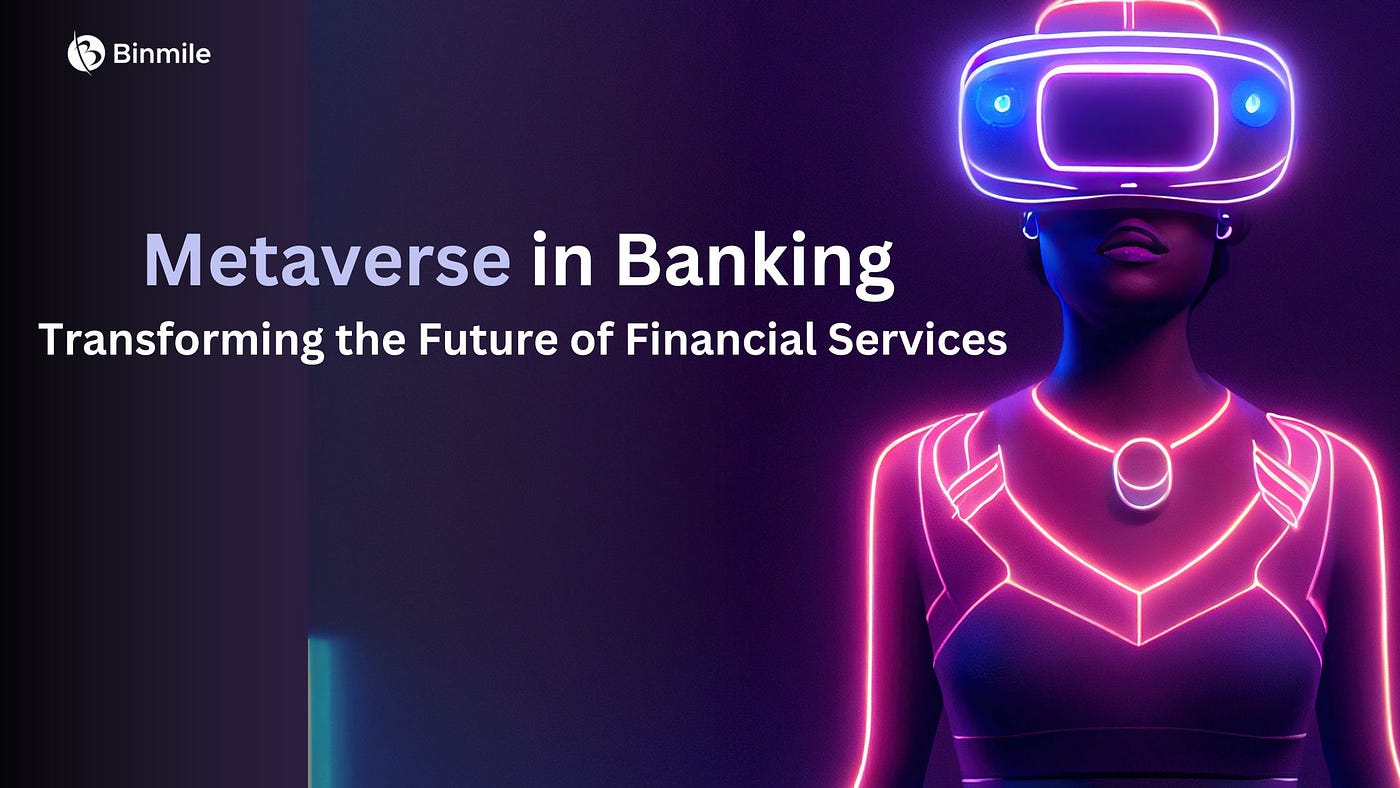Banking in the Metaverse: What’s Next for Financial Services?
Banking in the Metaverse: What’s Next for Financial Services
The metaverse, a concept born out of science fiction, has suddenly become a reality. With the increasing presence of virtual and augmented reality in our daily lives, the idea of a fully immersive digital world is no longer far-fetched. As the metaverse takes shape, it’s bringing forth unprecedented opportunities for innovation, transformation, and disruption across various industries. In the realm of financial services, the rise of metaverse banking is poised to revolutionize the way we think about money, transactions, and personal finance.
What is Metaverse Banking?
Metaverse banking, in essence, is the integration of blockchain, cryptocurrencies, and decentralized technologies within virtual environments. This intersection enables secure, transparent, and trustless financial transactions, allowing users to make transactions, store value, and exchange goods and services within these immersive digital spaces. The concept involves leveraging virtual and augmented reality tools to create immersive experiences, seamless financial transactions, and new forms of social engagement.
What are the Key Features of Metaverse Banking?
- Cryptocurrency-based transactions: Metaverse banking leverages cryptocurrencies, such as stablecoins and cryptocurrencies like Ethereum’s ether (ETH), to facilitate transactions and maintain decentralized security.
- Decentralized data management: Data is stored on distributed networks, ensuring the security, transparency, and confidentiality of user information.
- Interactive digital experiences: Metaverse banking provides immersive, interactive experiences, such as gaming and socializing, which enhance financial interactions and create new opportunities for financial products and services.
- Digital wallet solutions: Virtual wallets enable users to manage, send, and receive digital currencies, with decentralized key management and secure authentication mechanisms.
What are the Potential Implications of Metaverse Banking?
As metaverse banking evolves, it may disrupt traditional financial systems and create new opportunities:
- Increased financial inclusion: Metaverse banking can provide financial access to underbanked and unbanked individuals, particularly in developing countries.
- Streamlined transactions: Automation, smart contracts, and cryptography-based transactions can significantly reduce costs and processing times.
- Enhanced customer experience: Interactive and immersive financial experiences can increase customer engagement and retention, potentially leading to increased loyalty and reduced switching rates.
- New forms of lending and investment: Digital tokens, stablecoins, and NFTs (non-fungible tokens) may open up new opportunities for lenders and investors.
Challenges and Uncertainties
While the potential for metaverse banking is significant, there are challenges to address:
- Regulatory hurdles: Governments and regulatory bodies are grappling with the implications of decentralized and non-custodial financial systems, raising questions about compliance and oversight.
- User adoption: Educating and encouraging users to adopt new digital wallets and decentralized financial systems may require significant effort.
- Security and trust: Cybersecurity threats and potential loss of personal data may hinder trust and adoption.
What’s Next for Metaverse Banking?
As metaverse banking continues to evolve, we can expect to see:
- Mainstream adoption: Increased adoption of decentralized digital assets, such as stablecoins, to enable seamless transactions and provide alternative payment options.
- Merging of physical and virtual banks: Hybrid banking models, where traditional and virtual banks coexist and provide users with seamless, integrated experiences.
- Expansion of financial services: As digital assets and decentralized systems grow in popularity, we can anticipate expansion into new financial services, such as insuring, lending, and investment platforms.
- Development of specialized NFTs: Non-fungible tokens with unique properties, such as ownership proofs and utility, may enable new applications and use cases.
As metaverse banking takes shape, the lines between physical and virtual financial environments are expected to blur. The implications of decentralized finance, cryptocurrencies, and NFTs are likely to reshape the banking and financial services landscape, opening new possibilities for users, innovators, and regulatory bodies alike.




